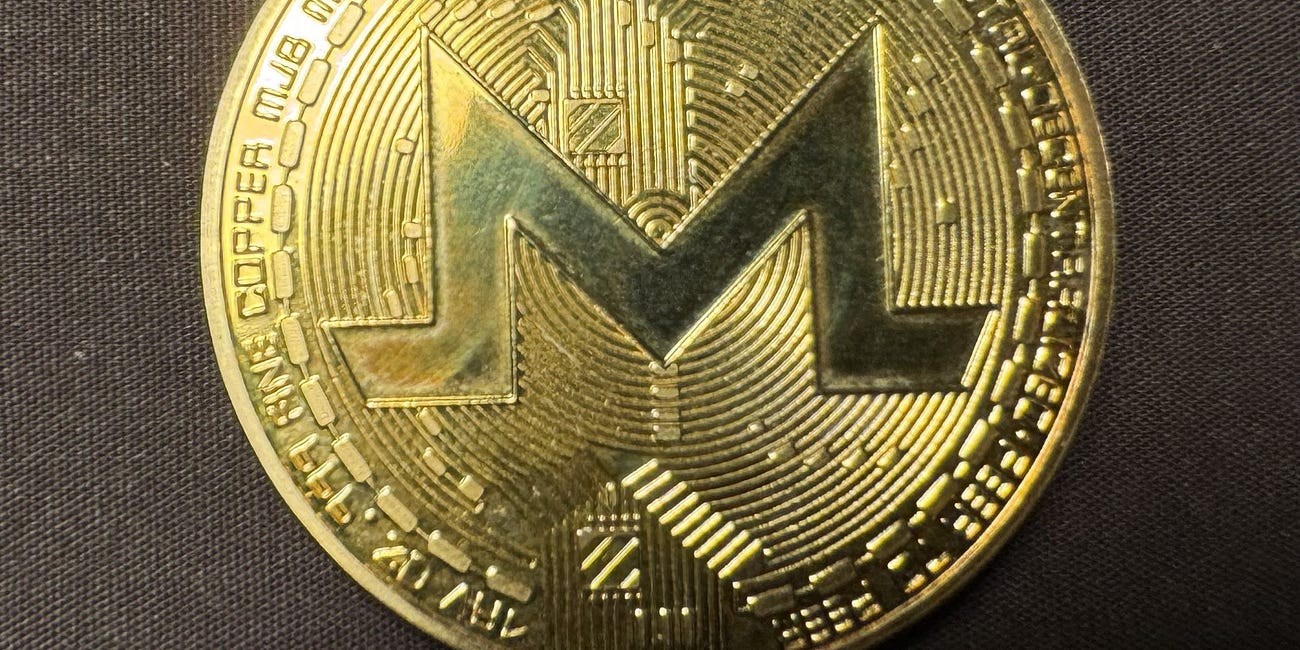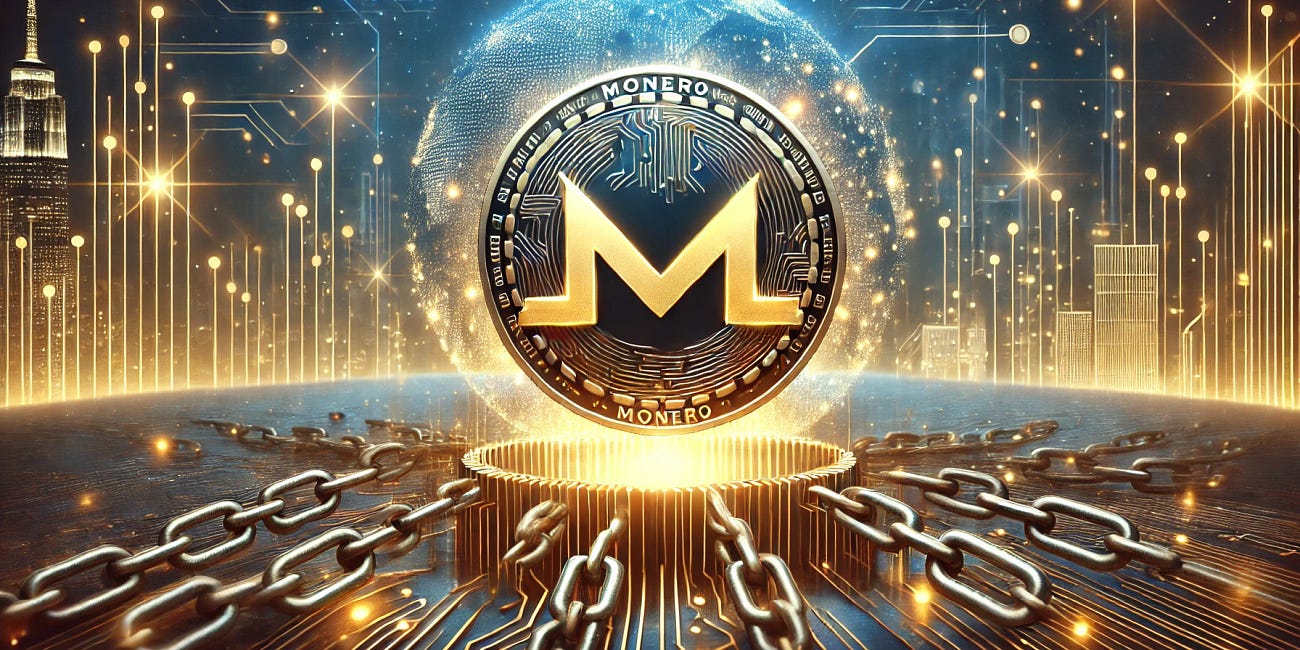How to Safely Delete Monero Files on Linux Mint:
A Step-by-Step Guide
If you’re running a Monero node or wallet on Linux Mint, there may come a time when you need to clean up or delete Monero-related files. Whether you’re troubleshooting, starting fresh, or freeing up disk space, it’s important to know which files to delete and how to do it safely. In this guide, we’ll walk you through the process step by step.
Why Delete Monero Files?
Start Fresh: If your Monero node or wallet is acting up, deleting its data can help you start over.
Free Up Space: The Monero blockchain can take up a lot of disk space (over 140 GB). Deleting it can free up storage.
Privacy: If you’re passing your computer to someone else, you may want to remove all traces of Monero.
What Are Monero Files?
Monero stores its data in specific directories. Here’s what you need to know:
Node Data: Stored in the
.bitmonerodirectory (usually in your home folder).Wallet Data: Stored in the
Monero/walletsdirectory (usually in your home folder or Documents).
Step 1: Stop Monero Processes
Before deleting any files, make sure the Monero daemon (monerod) and wallet are stopped.
Open a terminal (
Ctrl + Alt + T).Check if
monerodis running:bash
Copy
ps aux | grep monerodIf you see a process, stop it by pressing
Ctrl + Cin the terminal where it’s running or use:bash
Copy
kill <PID>Replace
<PID>with the process ID.
Step 2: Locate Monero Files
Monero files are stored in two main locations:
1. Node Data
Path:
~/.bitmonero/Contains:
lmdb/: Blockchain data (large files).p2pstate.bin: Peer-to-peer network data.bitmonero.log: Log file.
2. Wallet Data
Path:
~/Monero/wallets/Contains:
your-wallet.keys: Your wallet’s private keys.your-wallet: Wallet cache file.your-wallet.address.txt: Your wallet address.
Step 3: Delete Monero Files
Option 1: Delete Node Data Only
If you want to keep your wallet but delete the node data:
Open a terminal.
Navigate to the
.bitmonerodirectory:bash
Copy
cd ~/.bitmonero/Delete the blockchain data:
bash
Copy
rm -rf lmdb/Delete peer data (optional):
bash
Copy
rm p2pstate.binDelete logs (optional):
bash
Copy
rm bitmonero.logOption 2: Delete Wallet Data Only
If you want to delete your wallet but keep the node data:
Open a terminal.
Navigate to the
walletsdirectory:bash
Copy
cd ~/Monero/wallets/Delete your wallet files:
bash
Copy
rm your-wallet.keys your-wallet your-wallet.address.txtReplace
your-walletwith the actual name of your wallet.
Option 3: Delete Everything
If you want to delete both node and wallet data:
Open a terminal.
Delete the
.bitmonerodirectory:bash
Copy
rm -rf ~/.bitmonero/Delete the
walletsdirectory:bash
Copy
rm -rf ~/Monero/wallets/Step 4: Verify Deletion
Check if the files are gone:
bash
Copy
ls ~/.bitmonero/
ls ~/Monero/wallets/If the directories are empty or missing, the files have been deleted.
Step 5: Restart Monero (Optional)
If you deleted the node data and want to start fresh:
Run
monerodto resync the blockchain:bash
Copy
monerodThis will create a new
.bitmonerodirectory and start syncing from scratch.
Important Notes
Backup Your Wallet: Before deleting anything, make sure you have a backup of your
wallet.keysfile or 25-word mnemonic seed. Without these, you’ll lose access to your funds.Resyncing Takes Time: If you delete the blockchain data, your node will need to resync, which can take several hours or days.
Conclusion
Deleting Monero files on Linux Mint is a straightforward process, but it’s important to know what you’re deleting and why. Whether you’re troubleshooting, starting fresh, or freeing up space, this guide will help you safely clean up your Monero node and wallet data.
Monero's Value Beyond Privacy Utility:
Monero (XMR) stands out as one of the most valuable cryptocurrencies in terms of privacy, fungibility, and decentralization. While Ethereum (ETH) is often regarded as a leader in smart contracts and decentralized applications (dApps), its core structure and centralized control over network upgrades present serious challenges for its long-term sustainabi…
The Illusion of Freedom:
Imagine you're living in a house, but you don’t own the keys to the door. Someone else controls the locks, the food in the fridge, and whether or not you can turn on the lights. They’ve got the power to give you what you need—or take it away. You're not free. This is the reality for many in an economy where essential resources are controlled by a few po…
Investing in Non-GMO Products:
As consumers become more health-conscious and environmentally aware, the demand for non-GMO (genetically modified organism) products continues to grow. Non-GMO foods are cultivated without genetic engineering, making them a popular choice among individuals seeking natural, organic options. As this trend rises, investors are increasingly turning their at…






